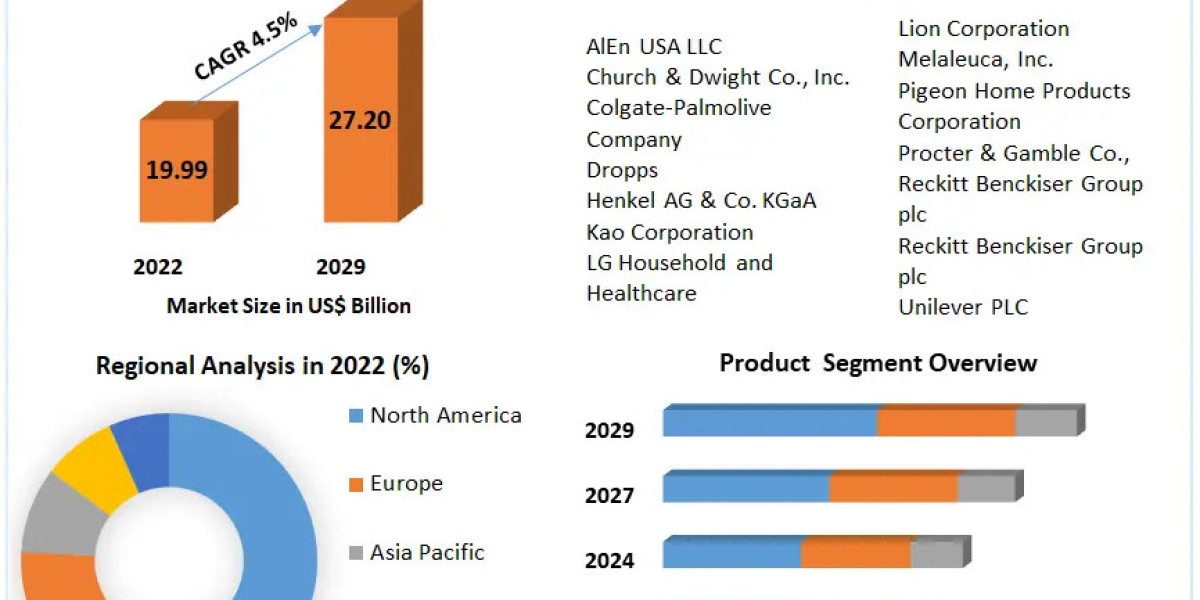Understanding the ADMA Course
The ADMA course is designed to equip students with the essential skills required for proficient manual accounting. Unlike automated systems that handle the bulk of accounting tasks, manual accounting requires a deep understanding of the principles and practices that govern financial recording and reporting. The ADMA course offers an in-depth exploration of these principles, ensuring that graduates are well-versed in the nuances of accounting.
Why Choose a Manual Accounting Course?
Despite the advent of sophisticated accounting software, manual accounting remains a crucial skill for several reasons:
1. Fundamental Knowledge: Understanding manual accounting provides a solid foundation for comprehending automated systems. It enables individuals to grasp the underlying concepts and ensures accuracy in financial data.
2. Error Detection: Manual accounting skills help in identifying and correcting errors that might be overlooked by automated systems. This is particularly important in small businesses where financial accuracy is paramount.
3. Versatility: Manual accounting skills are versatile and applicable across various sectors. Whether you are in finance, retail, or manufacturing, a thorough understanding of manual accounting can enhance your professional capabilities.
What the ADMA Course Offers
The ADMA course covers a broad spectrum of topics essential for mastering manual accounting. Some of the key areas include:
1. Basic Accounting Principles: Understanding the fundamental principles that form the basis of accounting practices.
2. Financial Statements: Learning to prepare and interpret balance sheets, income statements, and cash flow statements manually.
3. Ledger and Journal Entries: Gaining proficiency in recording transactions through ledgers and journals.
4. Reconciliation: Mastering the art of bank reconciliations and ensuring accuracy in financial records.
5. Taxation and Compliance: An introduction to the basics of taxation and compliance requirements in manual accounting.
Benefits of Enrolling in an ADMA Course
1. Career Advancement: Acquiring manual accounting skills through an ADMA course can significantly enhance your career prospects. Employers value individuals who possess a strong understanding of accounting fundamentals.
2. Practical Knowledge: The ADMA course emphasizes practical knowledge, ensuring that students can apply what they learn in real-world scenarios.
3. Flexibility: Many institutions offer the ADMA course in various formats, including online and part-time options, making it accessible to a broader audience.
4. Comprehensive Learning: The course structure is designed to provide a comprehensive understanding of manual accounting, from basic principles to advanced practices.
Conclusion
The ADMA course is an invaluable resource for anyone looking to build a robust foundation in manual accounting. By focusing on the fundamental principles and practical applications, this course prepares students for a successful career in accounting. Whether you are starting your journey in the world of finance or looking to enhance your existing skills, the ADMA course is a worthy investment in your professional development.
By mastering manual accounting through the ADMA course, you not only gain essential skills but also position yourself for greater opportunities in the competitive field of accounting. So, take the leap and enroll in an ADMA course today to unlock your potential in the world of finance.








